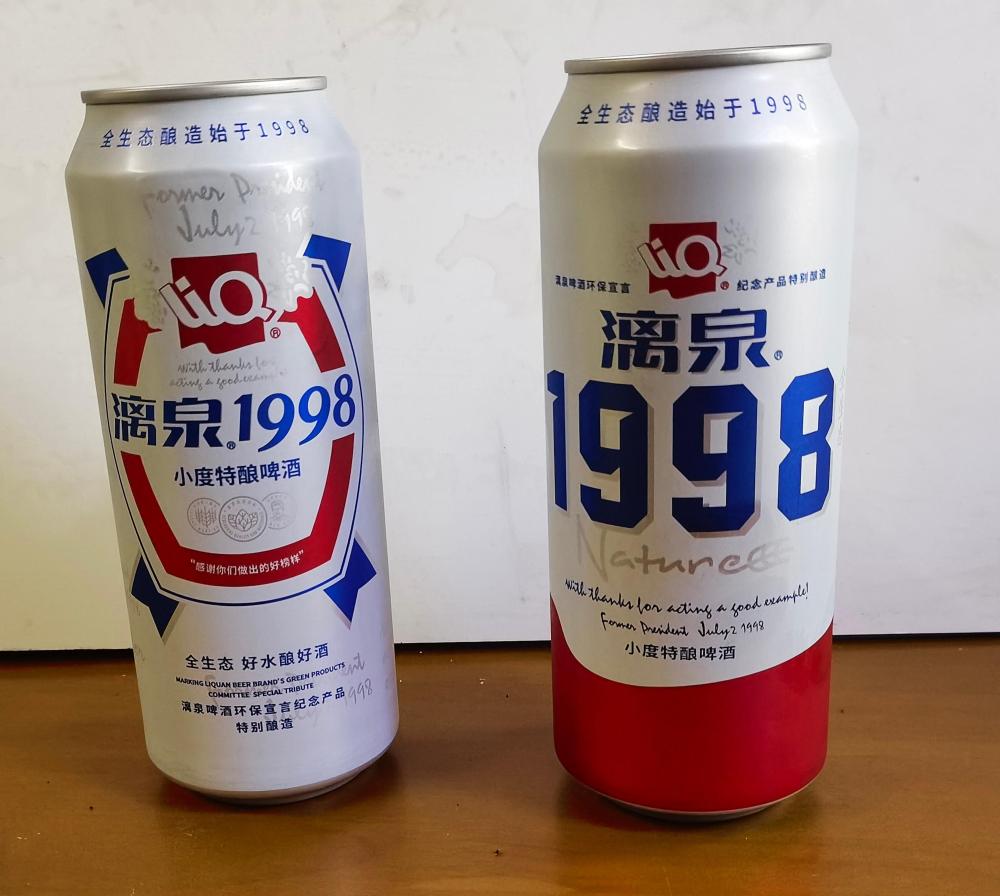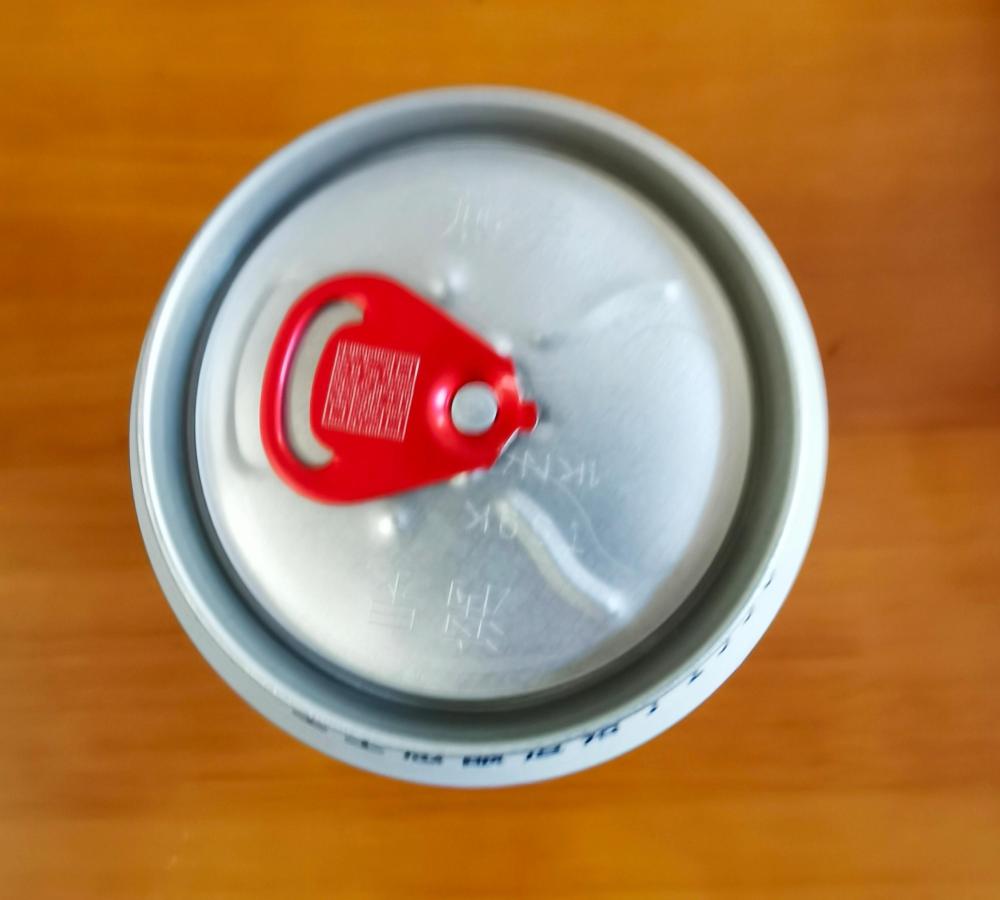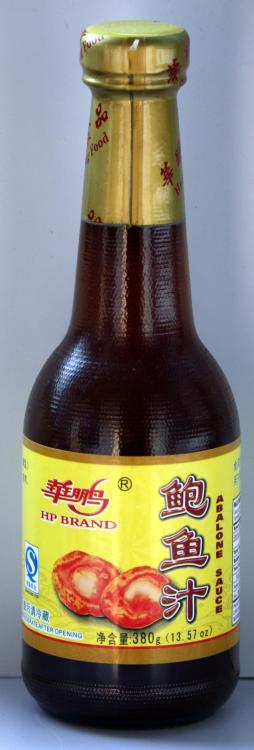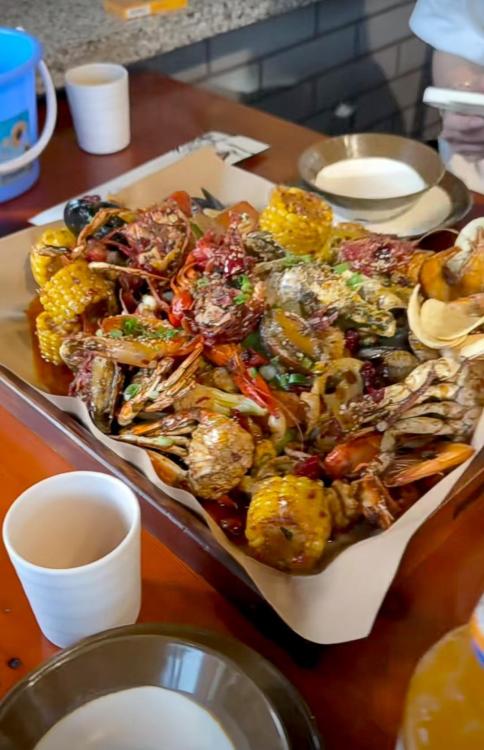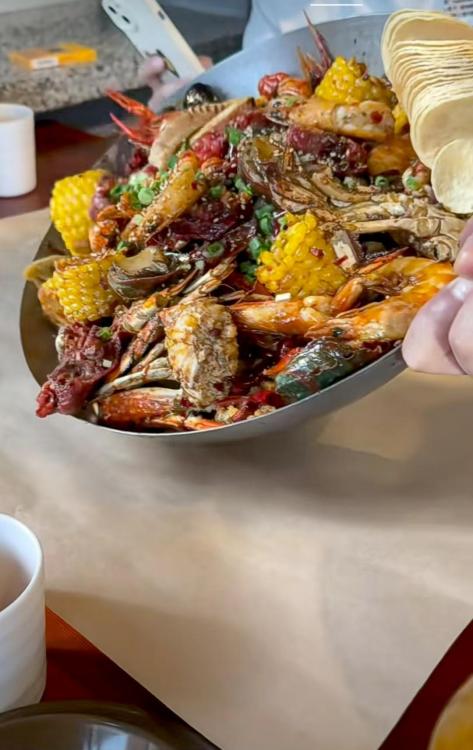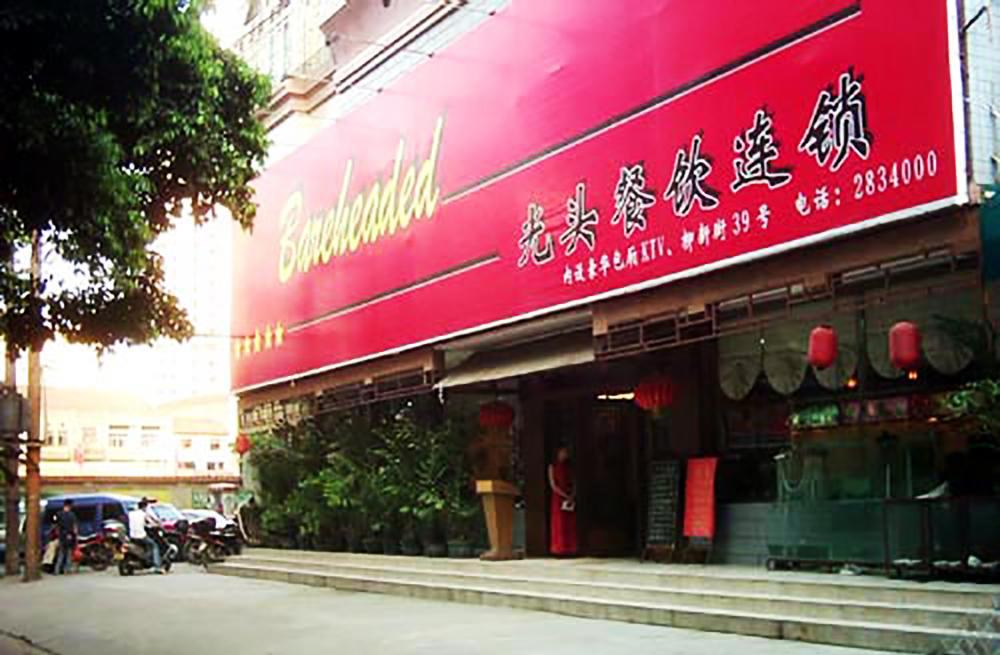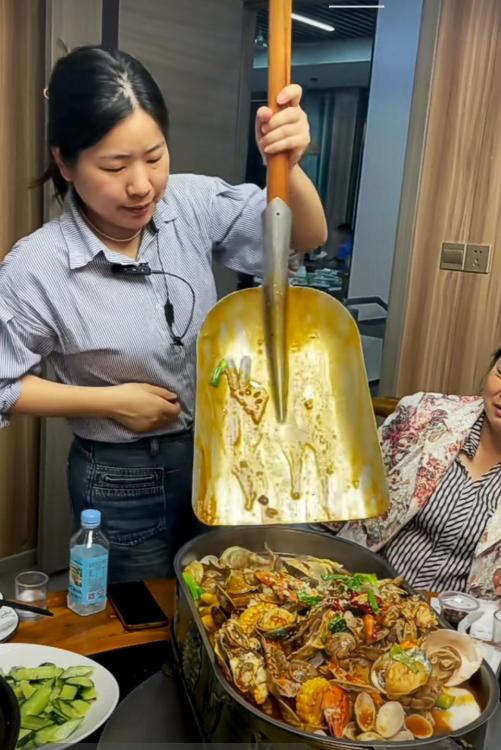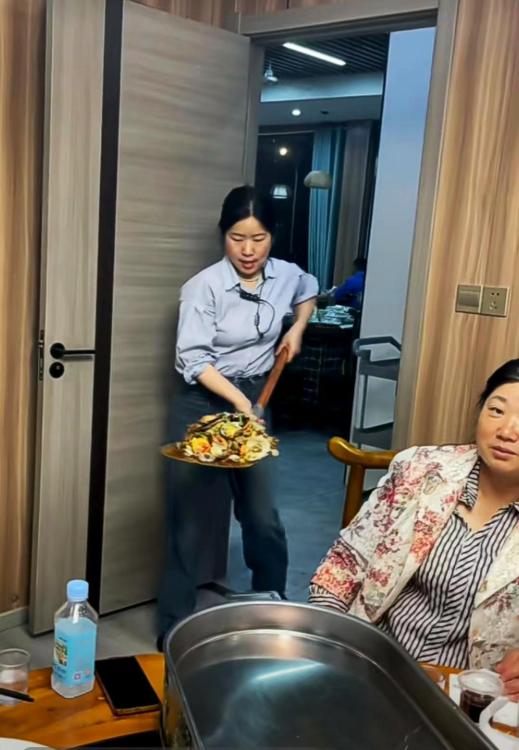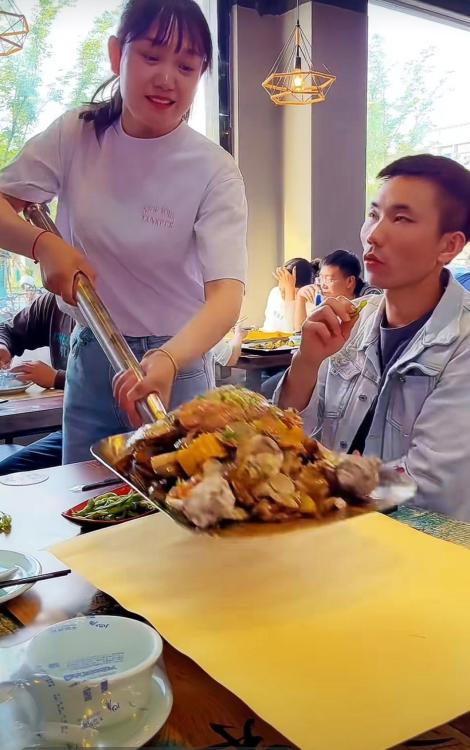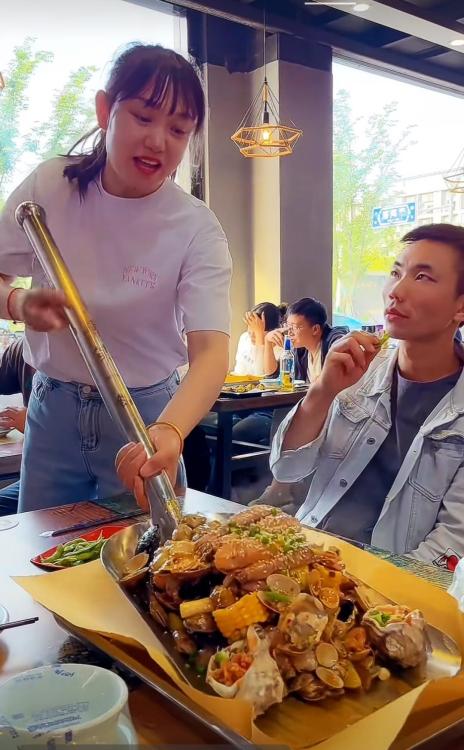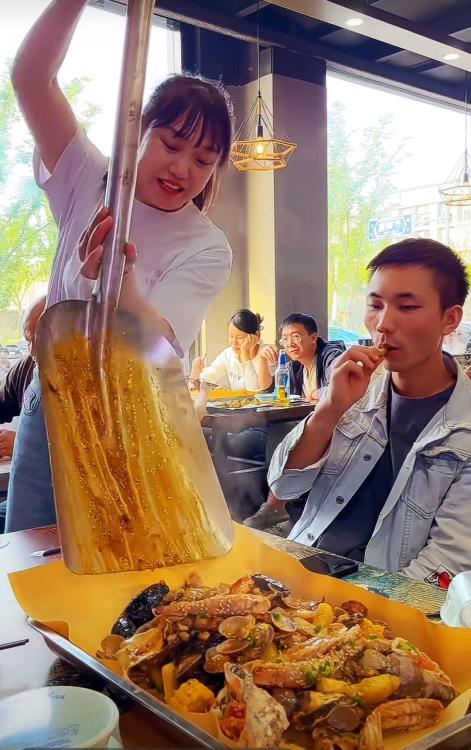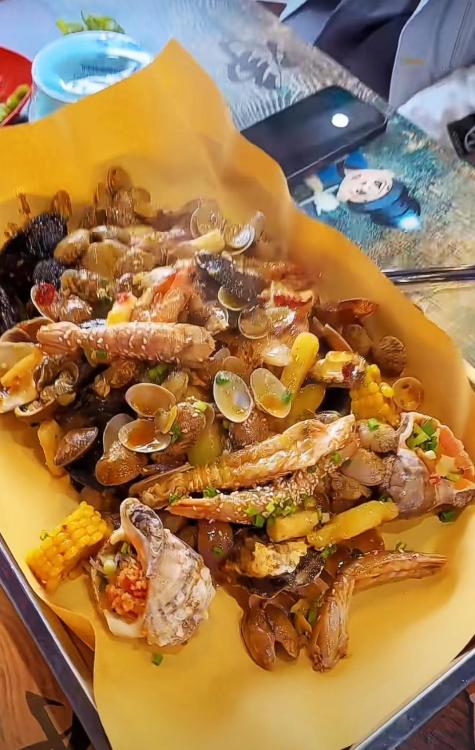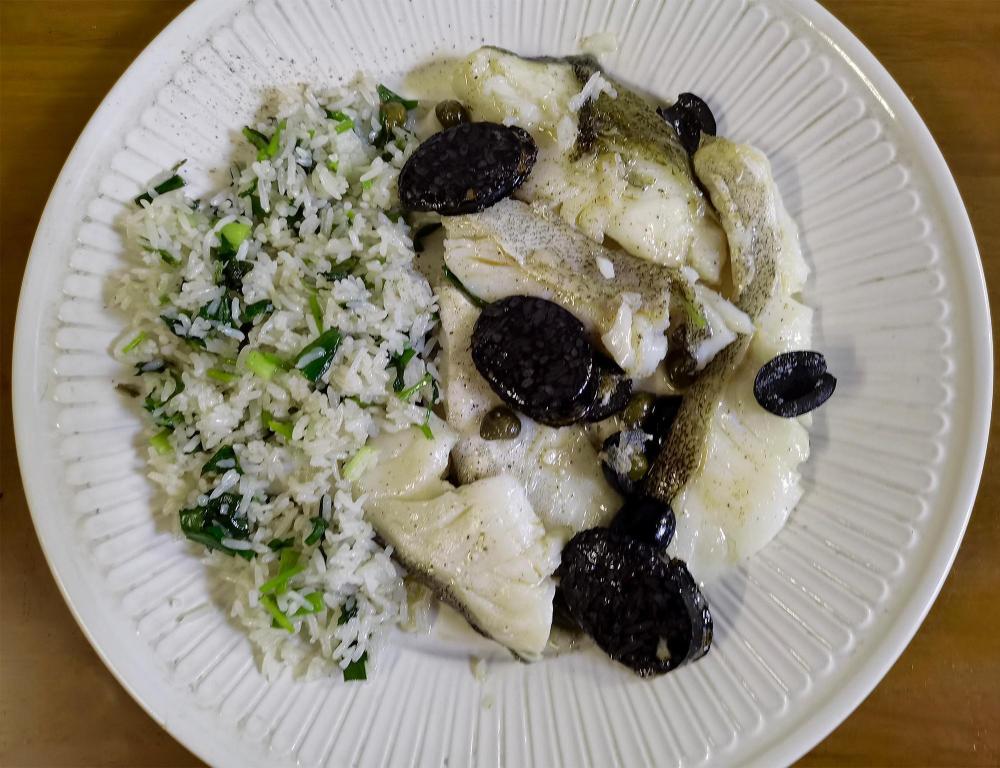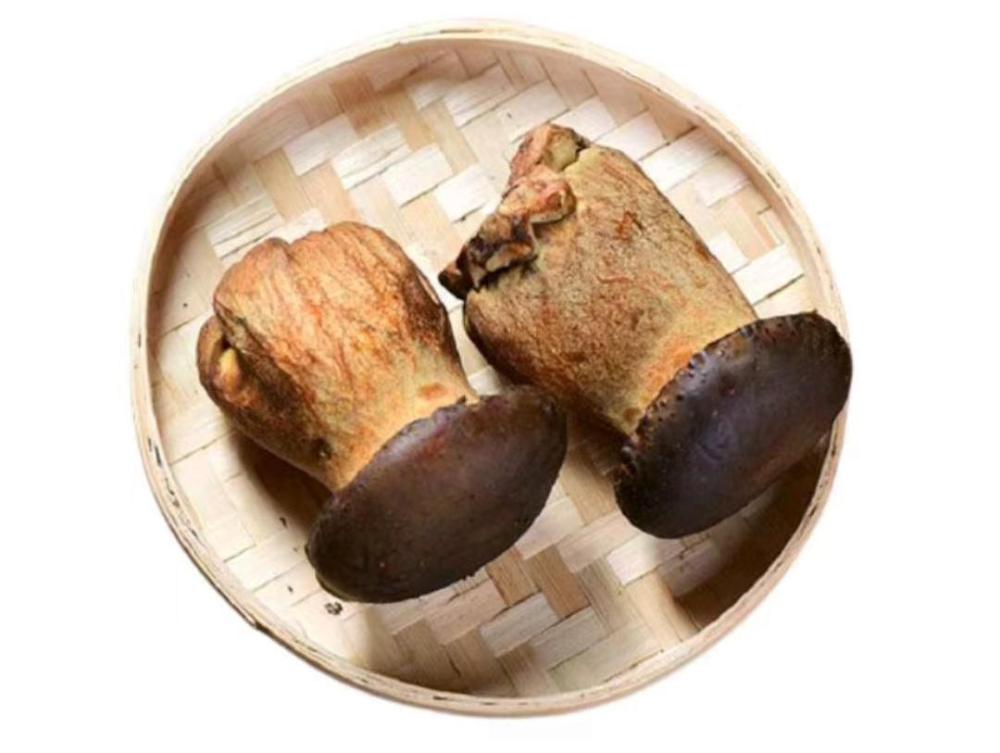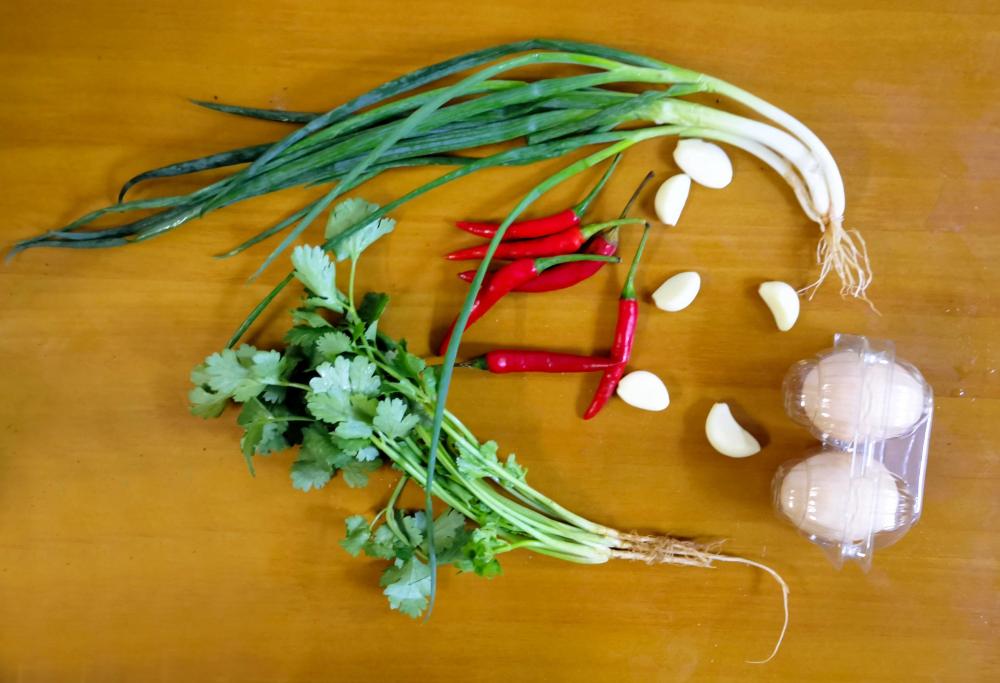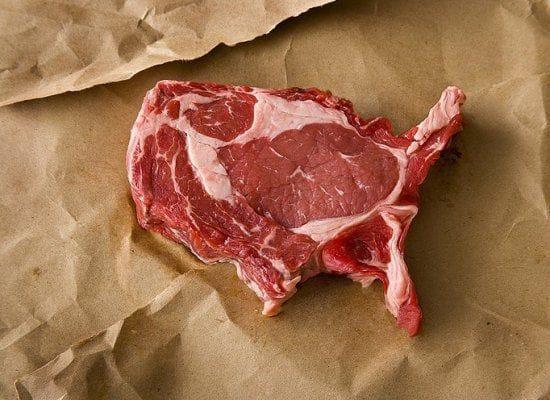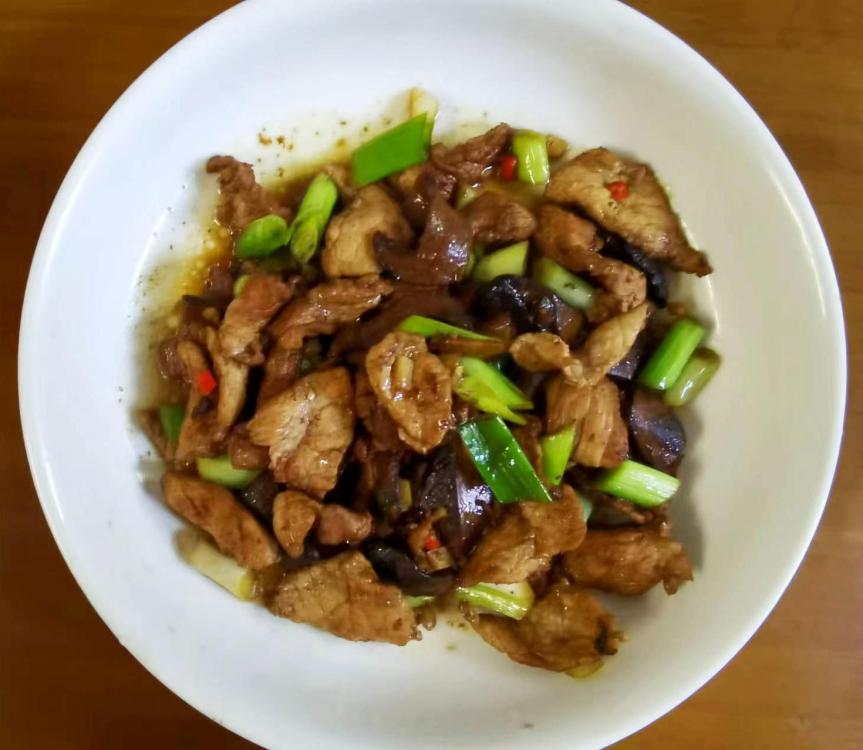-
Posts
16,766 -
Joined
-
Last visited
Content Type
Profiles
Forums
Store
Help Articles
Everything posted by liuzhou
-
I have a few of those, but that's not the point. There is no excuse for taking a tested reliable design and making it inoperable for no good reason. They could more sensibly put their idiotic QR code on the body of the can.
-
A few days ago, I visited the small store downstairs from my apartment to buy a six-pack of beers, as one does. On entering, I headed straight to where my beer of choice is sensibly located in a fridge, and there it wasn't. Where my beer should have been was an imposter! I looked around to see where some incompetent wretch may have deposited it, but to no avail. My gruntle was getting very dissed. I went back to where my beer rightfully belonged to examine the imposter to get the details in order to lodge an offical complaint and discovered that the imposter was my beer after all. For some reason, after twenty-six years the brewery had decided to disguise it by radically redesigning the cans. Old New I bought my needs and went upstairs, where I decided the makeover isn't so bad after all and actually makes it easier to spot. My gruntle was assuaged. Today, I repeated the process and bought another six pack. When I got back upstairs, I disocvered they've already altered the design again and replaced the previous non-coloured ring pulls with hideously bright red ones. But that is not the bad idea (not that it's a good one). These moronic ring pull do every except facilitate ringing or pulling. Whereas previously you could get your finger through the ring to pull, now they have reduced the 'ring' to a 3mm slot which a new born baby could get his or her finger through. This radical idea seems to be so that they can incorporated a tiny QR code on the damn thing for you to scan. Doing so goes to a webpage telling you that they require your personal and financial details in order to proceed. 滚开 (gǔn kāi)* ! as we say here to emphatically reject suggestions we wish to decline. I had to get my tool kit out to open the damn cans. It is impossible by hand. Idiots. * 滚开 (pronounced 'goon ky' - rhyming with sky) literally means 'to boil' but in Mandarin slang is an obscenity meaning 'eff off'. 1998 refers to a special edition of this local beer, made to mark Bill Clinton's visit to Guilin, China in said year. It has since become their biggest seller. Guilin is where the brewery is situated about an hour north of me.
-
Indeed. All cephalopods I've every cooked, octopus, squid, cuttlefish, are the same. I tend to cook squid for 90 seconds maximum, cuttlefish around the same, but octopus gets the long cook. Just my preference. Cepholopods
-
I have nothing to add to what I said years ago. Although LKK are said to have invented the stuff, others have certainly improved it. The brands I could recommend are probably not availabe in the USA. I don't have any oyster sauce at the moment; like most people in China, I seldom use it, but I do have this which is a fine alternative. Again it may not be available where you are. No connection to HP Sauce.
-
How saliva changes the flavor of food
-
That's a bit on the cool side round here, even in May. I too had a chicken thigh for dinner, but no avo. Braised with garlic and shiitake and served with rice and baby spinach. No pictures. Too hungry.
-
Maybe I'm missing something, but it seems you want to take canned tomatoes, sauce them, then can them? Why not do what you usually do with half the cans then store the ones you didn't order until next time? Canned tomatoes have a long shelf life.
-
Here is a similar meal, but they've cut out the shovel and instead tip the food straight from the wok onto what looks like a parchmment or greaseproof paper lined sheet pan. The end result is the same.
-
They put that in everything!
-
I am mystified as to what is "disgusting" or "gross". This is not significantly different from taking a dish from a commercial wok with a large wok scoop and plating it. All that is going on is that they plate it in front of you and the scoop is a little bigger. It is also normal for most Asians to eat family style. Food is rarely served as individual meals for each diner. No troughs involved.
-
They're always looking for a new gimmick, to stand out from the competition. I don't think it's so bad and anyway, it's the taste that counts. It will pass, as did the Bareheaded Sichuan restaurant where the wait staff, male and female all shaved their heads.
-
A recent trend in some restaurants In China involves not you shoveling up your dinner, but the wait staff shoveling it at you. It only seems to apply to seafood restaurants, as far as I can see but would work with other things, I guess. Here are a few cell phone shots. Does this happen anywhere else?
-
Lovely. But a slice or two of black pudding would elevate it into perfection. 😆
-
What I know about Mexican cuisine could be wriiten in one perforation hole on the edge of a postage stamp. but I thought someone might be interested. Seems some taco stand in Mexico city has been given a Michelin star, for possibly the shortest Michelin worthy menu ever. Ici, as they don't say in Mexico.
-
Quite possibly. Wherever it goes, it doesn't solve the problem; it just moves it on. As i recall, China was being paid to take some trash for 'recycling' but I think they stopped that a good few years back. Or said they did. Some they did pay for, especially plastics, but that has supposedly stopped too. My oil is collected separately from other trash, but what happens next, I don't know for sure, either.
-
That's what I was concerned about.
-
What does the city do with it?
-

China Sichuan Cuisine (in Chinese and English)
liuzhou replied to a topic in China: Cooking & Baking
I guessed that was probably the case. -

China Sichuan Cuisine (in Chinese and English)
liuzhou replied to a topic in China: Cooking & Baking
Yes and, at least in the UK, of all the non-Cantonese regional foods, Sichuan is the most popular (without being dumbed down). -

China Sichuan Cuisine (in Chinese and English)
liuzhou replied to a topic in China: Cooking & Baking
This sounds like an ill-considered step back to me. Just as more and more authentic regional Chinese cuisines are becoming more available in the West and proving popular, he is advocating a return to the old habit of westernising Chinese dishes to suit someone Chinese's perception of western tastes. Rather than "one step toward the world stage", it’s a great leap backward. He complains on one hand that a Mapo Tofu he ate 30 years ago was inauthentic while on the other hand proposing a radically altered twice-cooked pork dish to suit American tastes! And he is wrong when he writes that Chinese cuisine is the most popular restaurant food in the UK, for instance, and its popularity has increased since regional cuisine was introduced around the turn of the century. It is no longer only Cantonese cuisine as it was in the past. -
-
I don't think I said anything about anyone eating soup wrong. I don't care how people eat anything. What I, and most people here, do care about is when literally 6 million people turn up in a city of 5 million over one week, bringing the place to a grinding halt. No one could move or go about their business. And for what? It was nothing to do with food, but about getting their precious 'look at me; aren't I so amazing' videos on Douyin, the Chinese version of Tik Tok. They were all filming themselves 'eating' malatang or luosifen, except few really were. There have been numerous reports from restaurateurs saying people were standing in line for over four or five hours, ordering these dishes, filming themselves beside it (maybe taking one bite) then leaving with the dish uneaten. Mission accomplished. On to the next vacuous venture. In the meantime, the good people of Liuzhou were going hungry as they couldn't get to the markets to get their food.
-
There are some things I like to put in my mouth that aren't available in my local markets or supermarkets but I can order for delivery. Today, among other things I ordered some portobello mushrooms (rare here) and one of my favourite black boletes (one is more than enough for a meal for me - they're large). Within minutes of placing my order my phone rang. Portobello Mushrooms "Hello, this is Ms. Li from Xincai (name of delivery company). I'm sorry but we're out of portobellos. Can we send you an extra black bolete instead?" Of course, she said it in the local dialect of Chinese that being what most of them speak around here for some reason. Wishing to be agreeable, I agreed. I said "OK" in Universal Language. 30 minutes later my order turned up. Two black boletes, and an unordered or paid for pack of essentials for Chinese cooking and a couple of eggs. Obviously the essentials and eggs were gifts, but given that the extra black bolete costs double what the portobellos would have, I'm considering that a partial gift, too. Essentials
- 667 replies
-
- 14
-

-
-
Pork marinated with garlic, sand ginger (kencur), facing heaven chilli, soy sauce. Stir fried with black boletes and served with rice and stir-fried pumpkin shoots and garlic, which I forgot to photograph.


